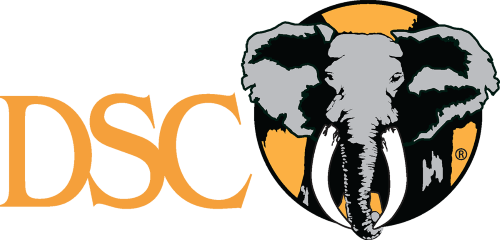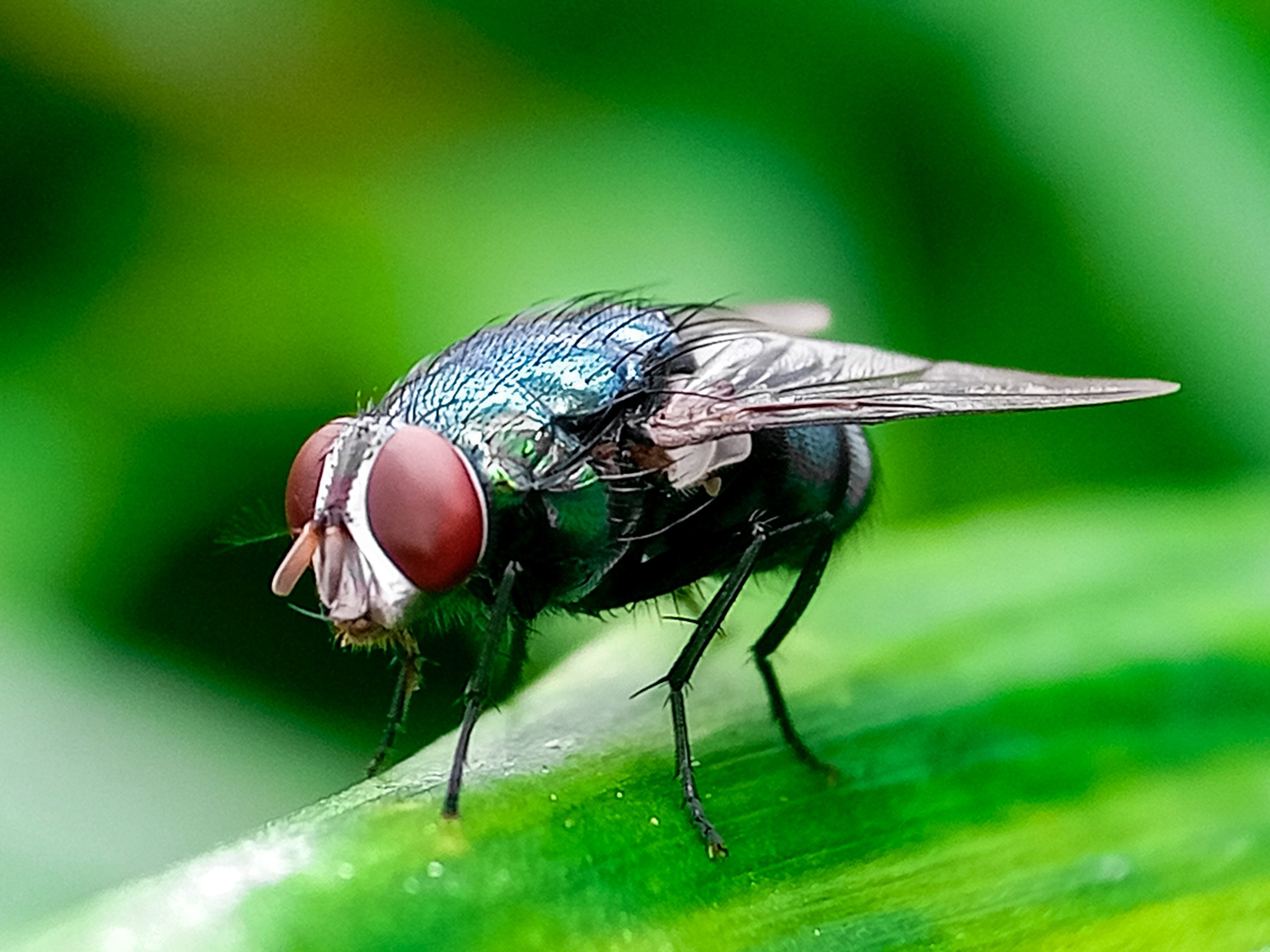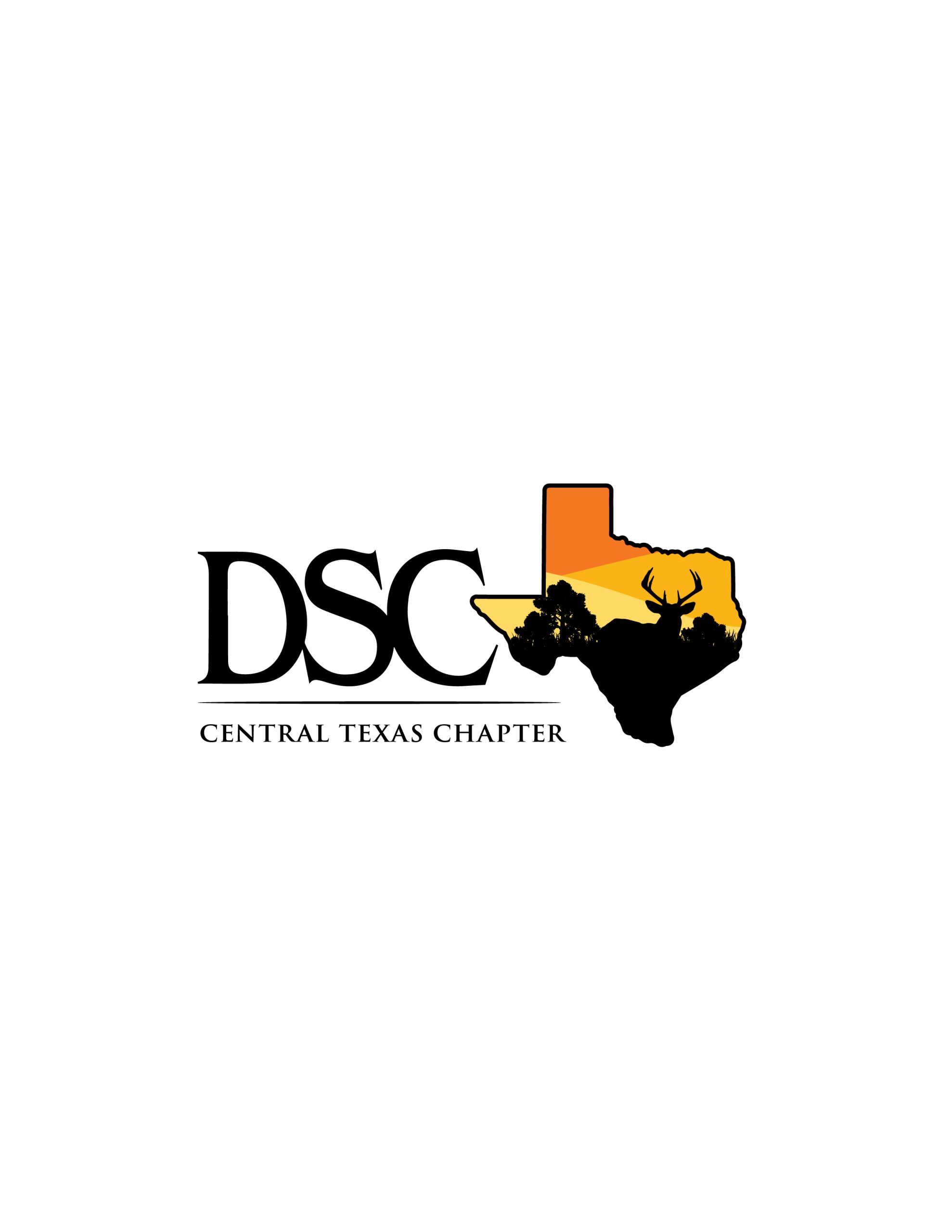BY SHANE MAHONEY
How American hunters can regain the prestige and cultural influence we used to enjoy.
One of the most striking things about modern hunting is not the controversy it engenders, but the enduring, strong support it receives from the wider American public. While most organizations and individual hunters appear to accept this as a matter of course, I have always wondered why this support exists. After all, when only 6 percent in the U.S. and Canada actually hunt, doesn’t it appear a little perplexing as to why some 80 percent of society continues to support our activity and right to do so? In a society that is highly sensitive to issues of animal welfare (if not animal rights), and where the issues of firearms ownership and use are highly controversial, why does the unengaged and uninitiated majority always fall to our side?
By understanding why the general public so strongly supports legal hunting, we may prepare ourselves for any changes in that support in the future.
From the very first colonizing efforts at Jamestown, the wilderness lands, abundant wildlife, and exceptional hunting opportunities of America were extolled. Indeed, the reality of hunting as a means of providing food was of such importance that by the late 19th century that it was clear that Americans had come to view themselves as a hunting culture. This seems natural enough given the role American proficiency in harvesting wildlife had played in provisioning the nation’s early life, and in the firearms skill that proved so useful during the War of Independence. However, there were many other forces, especially those associated with the American identity of self-reliance, independence and hardiness, that helped to vault hunting in America to its heyday of social prominence and leadership in the late 19th and early 20th centuries.
Indeed, the late 19th century appears to have been an unlikely time for the rise of hunting. Social elites in northeastern American cities were pushing hard to domesticate their societies; advancing the arts, reforming prisons, and launching movements for animal welfare, and even rights. Yet, it was among these same elites, including those of the southern planters, that sport hunting emerged as a valued, even iconic, American pastime. Hunters and their traditions became emblematic of what had made the nation great and, for an increasingly urbanized and serviced society, was the one tonic that might preserve the metal that had driven the defeat of Britain’s great war-machine and the frenzied push to the Pacific. Never since has there been such an outpouring of popular literature on hunting, and certainly there is nothing today that even remotely approaches the intense mixture of adventure, politics, and nationalism that roared through the printing presses of that time. Unlike today, hunting was at the center of social discourse – not on the outside, an orphan peering in. How, one wonders, do we get it back to this privileged position?
Of the many forces that helped advance hunting in the late 19th and early 20th centuries, two emerge as especially important. The first was the drive, postRevolution, to actually define the American character. After all, before the Revolution most Americans still turned to England for their identity and had struggled mightily to transform the New World landscape to that ideal, as well as to attain, preserve, and celebrate the social etiquette and values of the “Mother Country.” With independence all that changed; and a great celebration of the new nation, its landscapes and resources, including wildlife, ensued.
This was fueled, in no small measure, by the growing realization that America was itself changing, and that many aspects of it were already vanishing forever, a truth embodied in the loss of species and the virtual destruction of nearly every Native American culture. Hunting images helped recall the Eden that first colonists had known; and hunting experiences, the idyllic time, fast disappearing, when a man could make his own way alone and unencumbered…just as the Native Americans had done. Indeed, in some very important ways, the American hunter came to subtly blend identity with the Native Americans whose hunting skills were both undeniable and enviable, and whose disappearance was to gradually imbed a justified burden of regret within the American conscience. Thus, while the small scale American farmer was still to be admired for his hard work and determination, the American hunter was to be the one concrete remembrance of America’s beginnings, a frontier adventurer and living assurance of something that resonates still in the American mind – that frontiers and the conquering of them are forever possible and remain a manifest destiny for the nation. Lifted by such social currents, the hunter-citizen vaulted to star status, an indelible link to his nation’s past and future potential.
The second great force that helped establish hunting’s pedigree in the 19th century was the rise of natural history, a blend of sciences devoted to understanding the natural world. The vast knowledge of this field held by established European institutions was part and parcel of their nations’ professed superiority in worldly matters. It was an easy shuffle for the North American hunter, already knowledgeable of the ways and haunts of his quarry, to become a purveyor of knowledge about the natural world and there-by to help elevate his own nation to the stage of this discourse. In this sense, the hunter thus became a soldier for his nation’s future, helping it to rise beyond its rough beginnings and to walk with the great nations of the world. This hunter-naturalist was to rise to great prominence in American society, and men like John James Audubon and Theodore Roosevelt have rightfully taken their place in this pantheon, one that has given hunting a credibility that simple knowledge of the gun or the skill of shooting never could.
So, what might this short history lesson say to modern hunters? If we wish to regain hunting’s early status and high level of respect, then let’s get serious about the two legitimate and honourable faces of our identity…the hunter-citizen who speaks for protection and wise use of our nation’s resources and the hunter-naturalist who acquires, out of admiration and respect, a deep knowledge of the wildlife we pursue. Then, and only then, will we return to our rightful place in the American mind, a place of prestige and influence. Once there, our past will be honoured and our future secured.
This article was Reprinted from the July/August 2015 issue of Sports Afield in the May Edition of Camp Talk.



